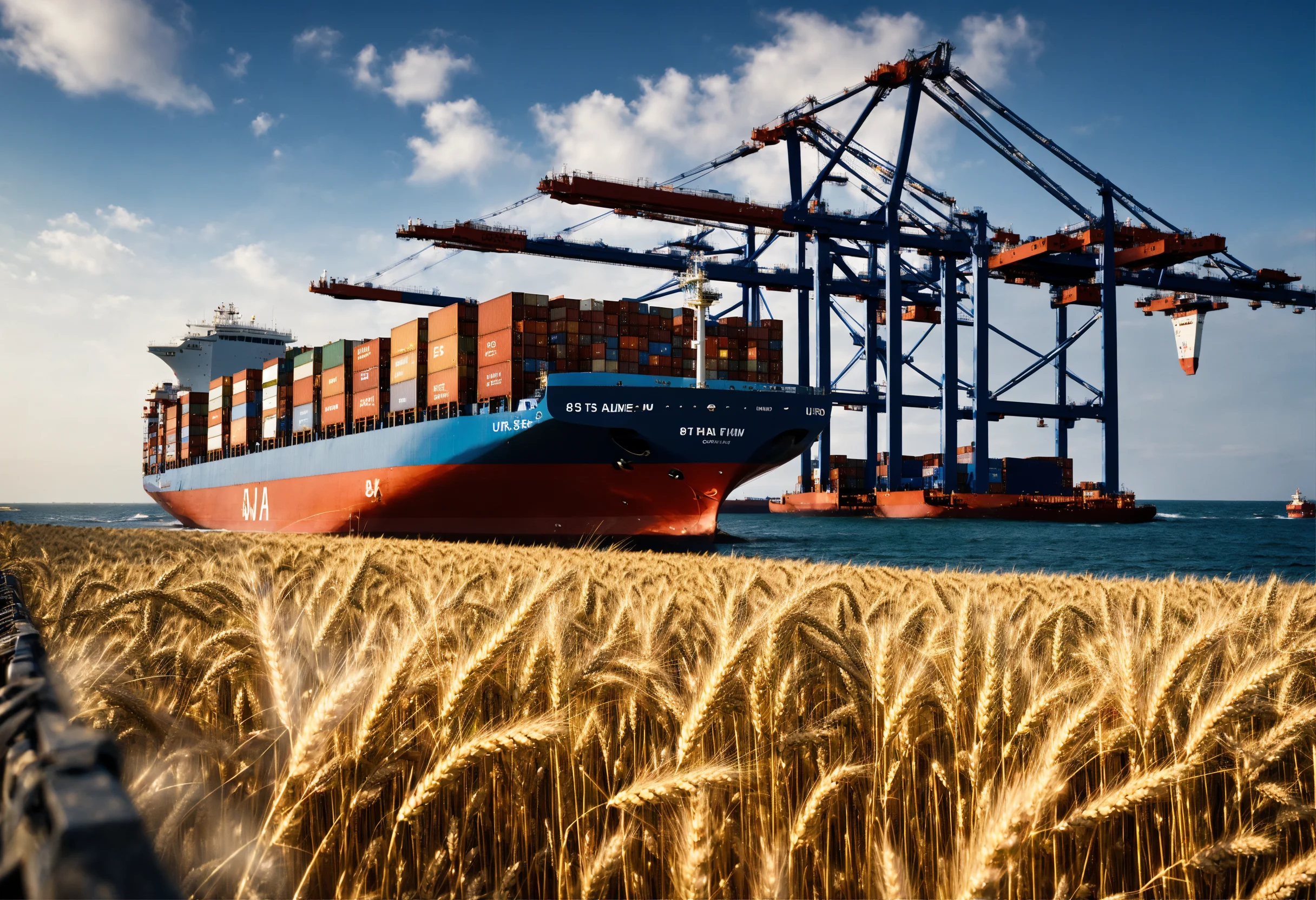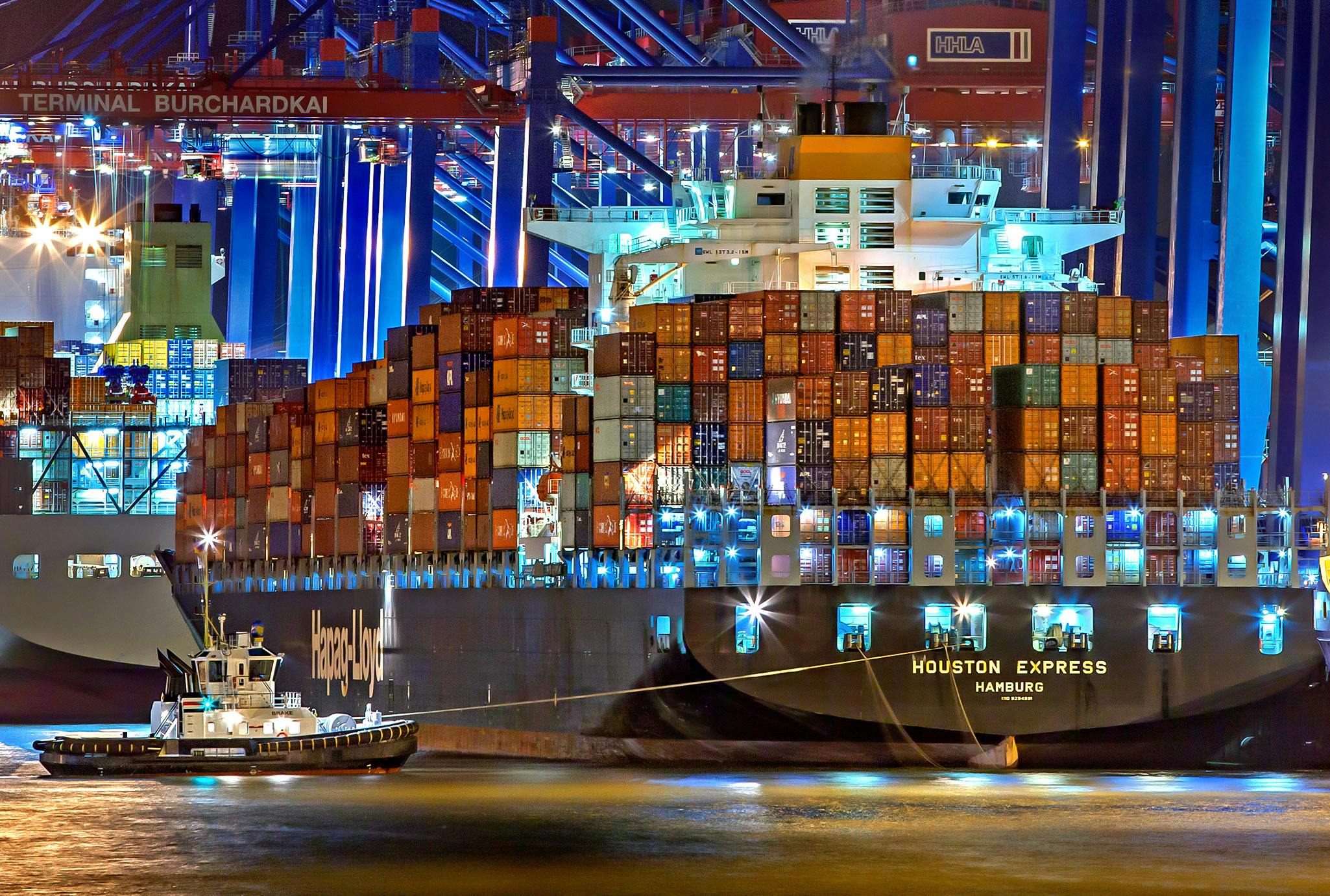
Export
Partial Reopening of Turkey’s Wheat Import Restrictions and the Impact on Russian Wheat Prices
Turkey’s wheat import ban, introduced on June 21, 2024, has left a profound impact on the nation’s flour industry, causing significant drops in export levels. However, recent updates suggest that a partial reopening through a quota system will begin on October 15, 2024, allowing flour producers to regain some of their competitive standing. Meanwhile, these restrictions have also influenced Russia’s wheat prices, creating further market fluctuations.

Export
Increase in Egypt's Wheat Imports
Egypt is increasing its wheat imports as Black Sea prices drop, aiming to buy 12 million tons for the 2024/25 season. Despite economic challenges, the government plans to take advantage of the low prices before the year ends.

Export
Eflani Flour Mills at WorldFood Istanbul 2024
Eflani Flour Mills proudly participated in the highly anticipated WorldFood Istanbul exhibition, held from September 6-9, 2024, at the Tüyap Fair and Congress Center. Now in its 32nd year, this prestigious event brought together key players from the global food industry, creating a dynamic platform for professionals, manufacturers, and innovators to showcase and explore the latest trends, advancements, and technologies in the sector. Our participation marked a significant opportunity to not only strengthen existing partnerships but also to expand into new international markets.

Export
Maritime Transit Delays: Understanding the Factors Behind the Slowdown
Global maritime shipping is the lifeblood of international trade, enabling the smooth movement of goods across continents. However, the past few years have highlighted the vulnerabilities inherent in this complex system. As 2024 progresses, the issue of shipping delays has become a major concern for industries worldwide. These delays disrupt supply chains, inflate costs, and impact the timely delivery of goods, affecting everything from manufacturing to retail. This article delves into the primary factors contributing to these maritime transit delays, offering insights into both long-standing challenges and emerging risks.